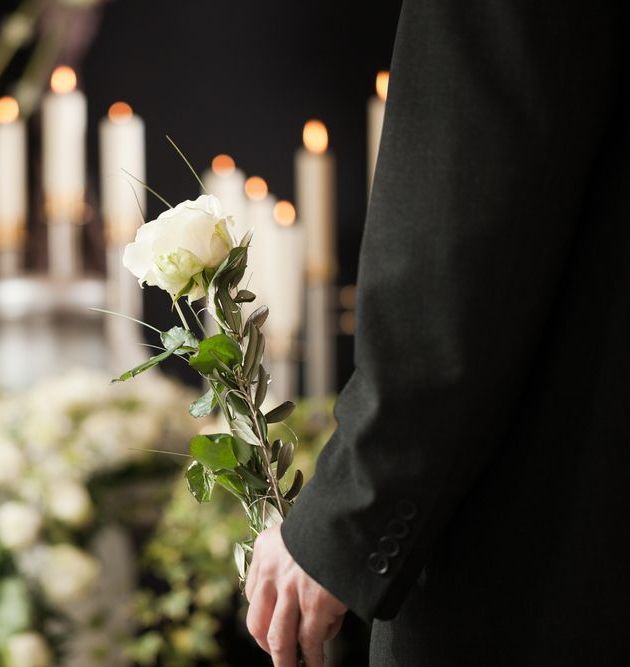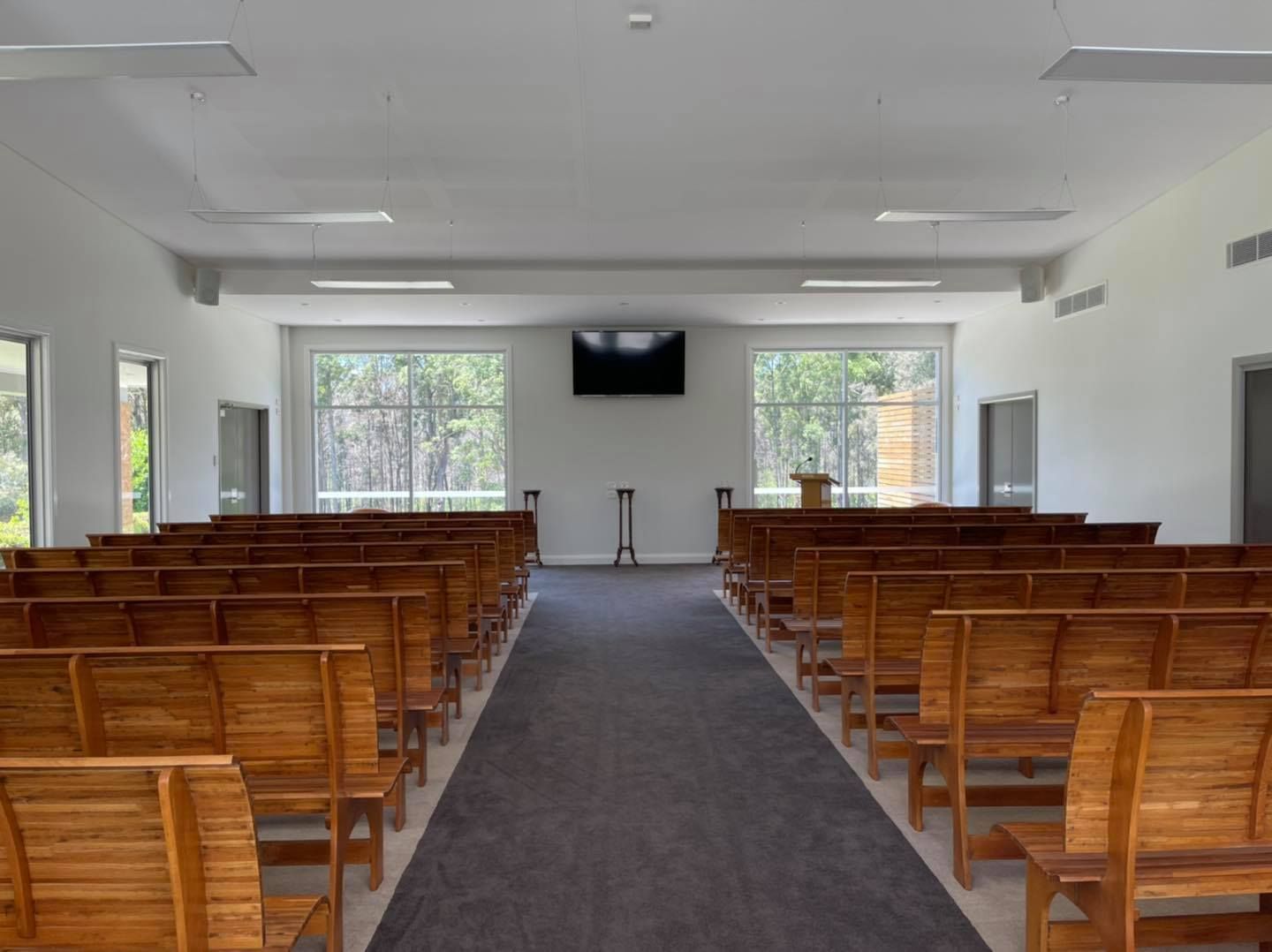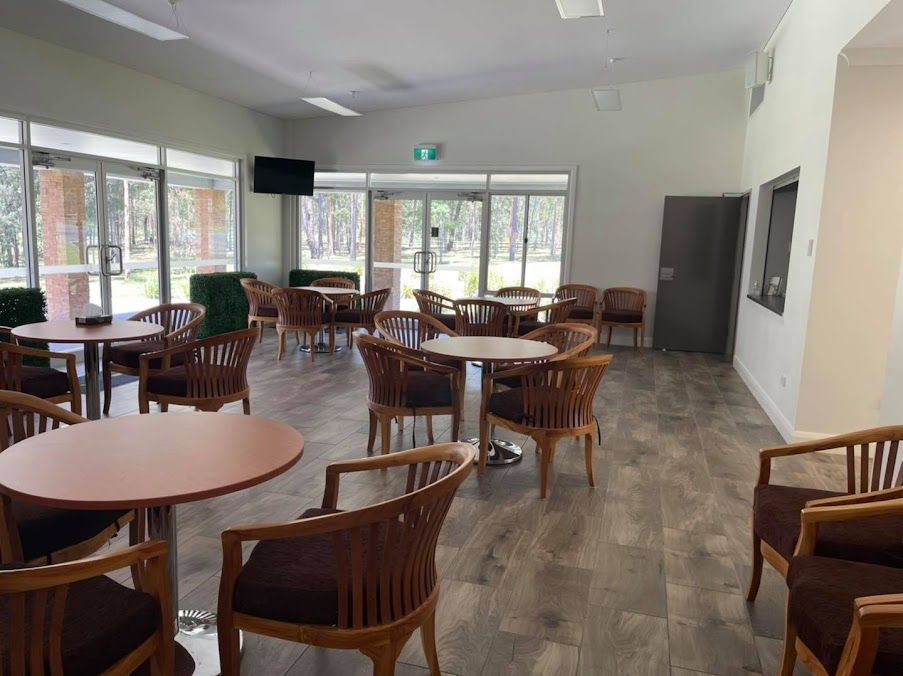Explore Our Resources
Please See Our Pricing Brochures Below
Private Cremation or Burial
Memorial Services
Funeral Services
Who To Notify
When someone dies there are a number of people and organisations who need to be notified.
This checklist gives you a guide as to who you may need to contact:
- Home appliance rentals
- Minister/Church
- Centrelink
- Funeral fund/ Life insurance
- Department of veterans affairs
- Medicare
- Superannuation fund
- Health benefit fund
- Solicitor/ Public trustee
- Accountant
- Australian Tax Office
- Electoral Office
- Employer/ Former employer
- School or College
- Banks/Financial institutions
- Credit card providers
- Post office/ mail deliveries
- Utility services (electricity, gas, water)
- Roads and Traffic Authority
- Waterways (boat registration)
- Council (rate notices)
- Clubs and associations (RSL, Rotary, etc.)
- Landlord
- Strata Management
- Telecommunication provider
- Trade Union
- Home medical services
- Doctor/ Dentist
- Home delivery services
- Charitable organisations
- Library
- Domestic help (Meals on Wheels, housekeeper, gardener)
How to Write A Eulogy
A eulogy is written by a family member or loved one to be spoken at a ceremony as a farewell or respectful tribute to the deceased.
A eulogy is best produced in the form of a typed copy in a large font, for ease of reading, and ideally no more than two pages in length. As a helpful guide the following points may be of assistance.
Considerations for writing a eulogy:
- When and where they were born
- Nicknames or names known to others
- Parents, siblings
- Childhood friends
- Schooling and awards
- Work history
- War or military service
- Marriages and significant relationships
- Children, grandchildren and other relationships
- Sporting achievements
- Religious association, charity, community work
- Hobbies or interests
- Preferences, likes or dislikes
- Special or amusing stories, sayings and qualities
- Special readings, music or poetry
Support
Fulfilling a loved one’s wishes is enormously satisfying, but what about the emotional needs of the people left behind?
Grief is a natural, personal, and entirely necessary part of your personal journey as you come to terms with the loss of a loved one.
When you are working through the feelings associated with your cycle of grief, it is important to remember you are not alone.
The cycle of grief:
Shock and denial – You may feel stunned and feel as though you are struggling to keep up with your spinning thoughts.
Remember that helplessness does not equate to inadequacy. Talk with someone that you trust to assist you to organise what you need to do. Try to make notes as reminders and not rely on your memory alone.
Disorientation – You may feel confused in relation to time, place and person.
Don’t rush things, remember that fine details do not matter at this time. Again, speak with a trusted friend and when given time, you will start to feel yourself again.
Anger – You may experience anger or frustration with yourself, those who cared for your loved one, doctors, nurses, even God.
It is important to understand that the right amount of anger is part of survival. If this becomes destructive to yourself or others reach out to friends or a professional to assist you with these feelings.
Depression and loneliness – When the numbness wares off and the increasing awareness of the ‘foreverness’ sinks in you may struggle returning to your ‘normal’ life.
Take each day at a time, and permit yourself the time you need to heal. Try to ensure to keep in touch with your friends, children, siblings, parents who may also be grieving themselves and support each other.
Useful links you may consider using:
- Grief hotline – www.griefline.org.au
- Australian Centre of Grief & Bereavement – www.grief.org.au
- Lifeline – www.lifeline.org.au
- Beyond Blue – https://www.beyondblue.org.au




















